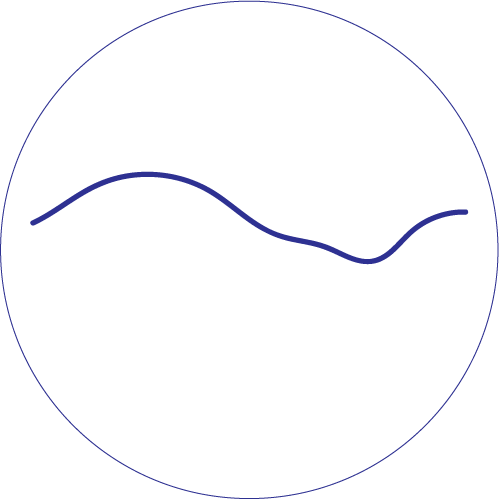Dead Roots [amanda ake]
In my head, there are voices that are not mine. They are the part of me that tightens—throat clenching hands cramping. I work to quiet them, to numb myself against them. They are a poison inside me and yet my fight has been in vain.
I call these voices "dead roots” and, with that name, I recognize a part of myself that has died and become a remnant of my past. A fragment of a self I used to be. The voices attack this self I have created, the person I am becoming. Sinful. Wrong. Inadequate and destined for a sad, pointless existence.
When I am young, I wake on summer mornings to a quiet house. No morning wake up call, no clanging pots in the kitchen. I wander barefoot outside to find my mother kneeling in the dirt, pulling weeds in the same way she taught me — gentle, gripping the plant far down on the stem, pulling firmly to remove the roots as well as the greenery.
It strikes me now that my mother knew how to plant strong roots just as well as she knew how to dig them up. I wonder if some roots, once planted, are immutable. Fixed.
This part of me, the voice that tells me I will never find satisfaction or happiness in this life I have chosen, is not something I chose for myself. I did not plant the seeds of ideas and beliefs and religious standards that grew deep and strong inside my mind. They were placed there by others, tended and nourished. They were cultivated by people who believe deeply, who see the world in black and white, who refuse to see the shades of grey.
String lights drape across a rickety back fence. The far corner of the yard is claimed by a microphone, a drum kit, a stand and mic for a bass guitar. Strangers and friends see me as the girl in the cropped navy shirt, swaying to the beat of the music with her eyes closed, mimicking the movements of the bodies around her. The girl in the kitchen doing shots of McCormick vodka. The one eyeing the dark shadow where the driveway meets the street when she thinks no one is looking. They can’t hear the voices in my head, the voices ringing over the music. Calling me worthless, a slut, selfish and friendless.
I have often wished that identities, like blue sweaters with holes in the sleeves or sunglasses with bent rims, could be jettisoned, piled into a brown paper bag and tossed in the garbage. Every time I collapse into myself in self hatred—hatred for this person I’ve become, hatred for the voices of judgment and guilt—every time I feel violent against myself, I find myself wishing I could take that part of me outside onto my patio and burn it. The indoctrination, the ingrained beliefs about myself and the world and other people, stands in tension with the self that I have created. That conflict makes it all feel worthless, all the work I’ve done to become the kind of person I want to be.
Some tell me that struggling against these remnants will only make them stronger. The harder I strive to silence the voices of shame and guilt and judgment, the longer they will stay and the louder they will grow. In college, a therapist I’m seeing invokes the ancient Tibetan myth of Milarepa to tell me that, in order to banish my demons, I must learn to love them, embrace them, welcome them. Only then will they vanish.
I am exhausted by this exertion, by the examination of a self I used to be. Exhausted by wishing I could become a completely different person. I may be able to quiet the voices, but I cannot befriend them, cannot banish them. Not for ever, not yet. I can only fight them. I can speak over them as loud as I possibly can. I can repeat to them, again and again, contradictions. Assertions of what I know and believe to be true, of beliefs I have chosen, ideas I myself have cultivated, tended, nourished.
My life has become a rebellion against a self imposed upon me, a personhood formed by disparate hands. I’m not sure it will ever be anything else.

